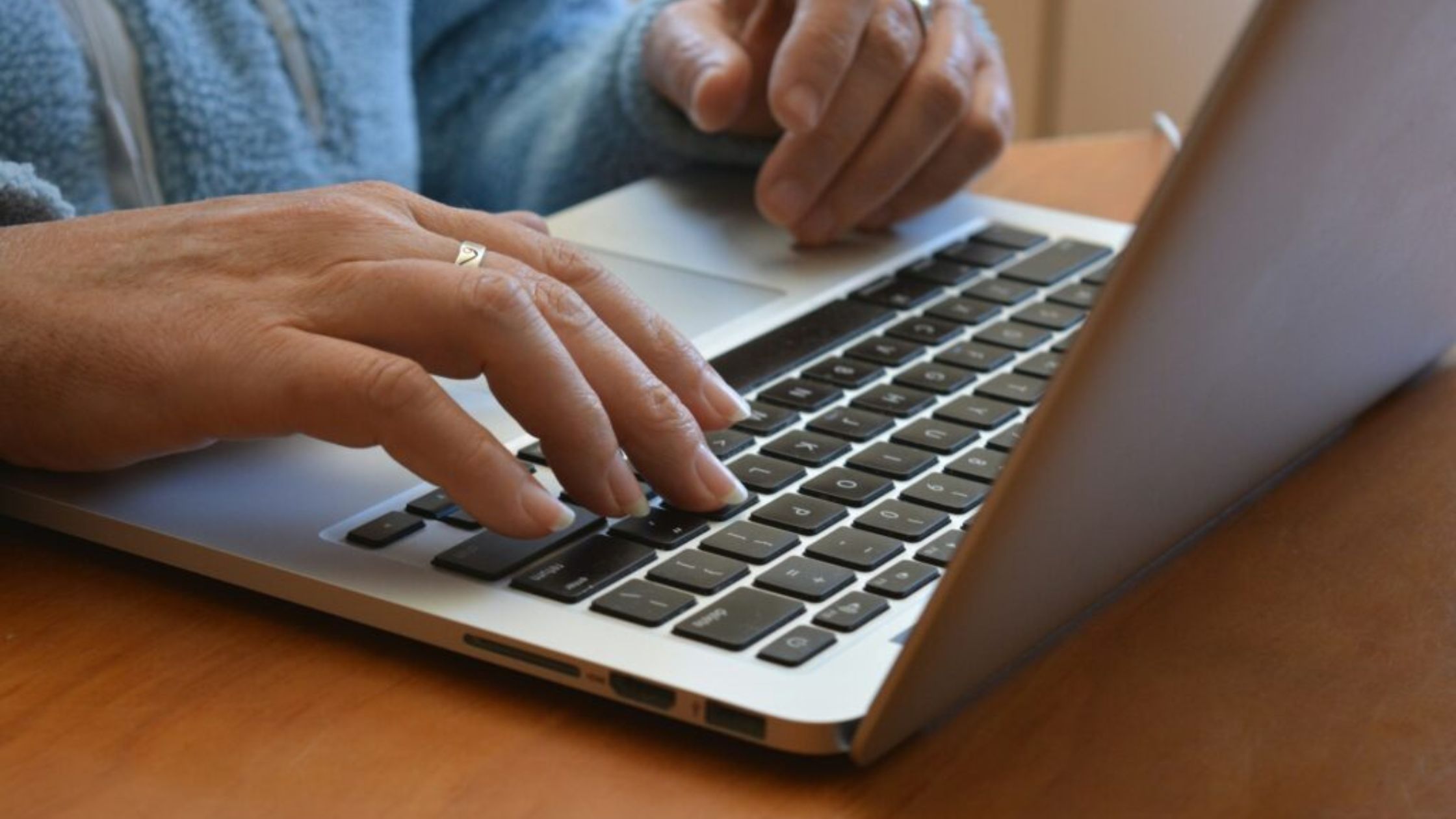Why Cyber Safety Matters More Than Ever in 2025?
Our lives in 2025 are more digitally linked than ever; banking, retail, education, and even healthcare have all moved online. Greater danger comes with this ease. Cybercriminals are now targeting not only companies but also ordinary people using AI-driven frauds, deepfakes, and social engineering. The increase in online fraud, phishing attempts, and data breaches reveals that cyber safety is not optional; it is required. Whether you are a student, professional, or senior citizen, knowledge of fundamental digital safety can safeguard your identity, money, and peace of mind in the fast changing cyber scene.
1. Lock Your Digital Doors (Use Strong Passwords)
Think of passwords like house keys—weak ones are easy to break.
- Do this:
- Use a mix of letters, numbers, and symbols (e.g., Coffee@2024!).
- Avoid common words like "password123."
- Try a passphrase—a sentence you’ll remember (e.g., MyDogLoves2EatPizza!).
- Don’t reuse passwords—if one gets hacked, others stay safe.
2. Double-Lock Your Accounts (Enable 2FA)
Like a fingerprint or text code, two-factor authentication (2FA) provides additional protection.
- Example:
- You enter your password ? A code is sent to your phone ? You enter it to log in.
- Where to use it? Email, banking, and social media apps.
3. Watch Out for Fake Links (Phishing Scams)
Scammers pretend to be trusted sources (banks, Netflix) to steal your info.
- Red flags:
- Urgent messages ("Your account will be locked!").
- Strange email addresses (e.g., support@netfl1x.com).
- Safety tip: Never click links in suspicious emails—go directly to the official website.
4. Keep Your Software Updated
Updates close security gaps hackers use.
- Set auto-updates for your phone, computer, and apps.
- Ignore "Update Later"—it’s like leaving your front door unlocked.
5. Browse Safely (Look for the Padlock)
Before entering sensitive info (credit card, passwords), check:
- Padlock icon in the address bar = Secure site.
- "https://" (not "http://")—the "s" means encrypted.
6. Be Careful on Public Wi-Fi
Free Wi-Fi in cafes or airports is convenient but risky.
- Avoid: Logging into banks or entering passwords.
- Should you require one, use a VPN (Virtual Private Network) to conceal your activity.
7. Don’t Overshare on Social Media
Posting vacation pics or your birthdate can help hackers guess passwords.
- Adjust privacy settings—limit who sees your posts.
- Avoid quizzes ("What’s your superhero name?")—they often collect personal data.
8. Know What to Do If Hacked
- Change passwords immediately.
- Check bank statements for unusual activity.
- Report fraud to the platform (e.g., Facebook, Google).
Final Thought: Stay Smart, Stay Safe
Share your thoughts or cyber safety hacks in the comments section of this link-
https://forms.gle/RMs3hVzHNBRPovLD7 In an age where every click can be a doorway to opportunity—or risk—your best defense is awareness. Whether you're browsing casually or managing important digital transactions, cyber safety should always be a priority.
At ExploreRealNews.com, our goal is to keep you informed, alert, and secure. Keep visiting for more practical tips and real-world updates that matter. Visit us at www.explorerealnews.com for more real, relevant content.
